Understanding Anti-Americanism: Its Orgins and Impact at Home and Abroad
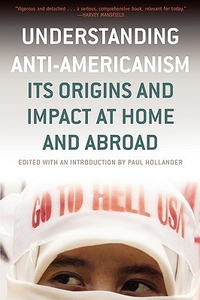
Summary
Although it has been a global phenomenon for decades before recent acts of massive violence, anti-Americanism has prompted few serious studies in English. This collection of original reports and observations seeks to explain its impact in areas throughout the world, taking advantage of the cultural and geographical expertise of the contributors. Understanding Anti-Americanism distinguishes between rational and specific critiques of American foreign policy and American society on the one hand, and that brand of hostile predisposition that blames the United States for a wide variety of grievances and frustrations that are at best tangentially related to its policies, institutions, or way of life. The book includes essays on the historical origins of anti-Americanism and its occurrences in the Arab world, Western Europe, post-Communist Russia, Latin America, and China. Like-minded sentiments within the United States are examined in the contexts of education, mass culture, the peace movements, and feminist rejections of American society, and in a comparison of trends between the 1960s and the twenty-first century. Recent international developments as well as U.S. leadership in modernization and globalization receive special attention as sources of hostility. Among the contributors are James Ceaser, Patrick Clawson, Walter Connor, Anthony Daniels, Dario Fernandez-Morera, Adam Garfinkle, Roger Kimball, Harvey Klehr, Michael Radu, Barry Rubin, Bruce Thornton, Arthur Waldron, and Cathy Young. In his substantial Introduction, Paul Hollander examines the major sources and expressions of anti-Americanism and suggests reasons why it is unlikely to disappear or diminish in the near future, notwithstanding its irrational features and the spectacle of millions of people voting with their feet to become members of this much maligned society.
Similar Books
-
 Modern Iran. Roots and Results of Revolution
Modern Iran. Roots and Results of Revolutionby Nikki R. Keddie
-
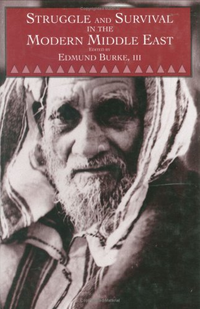 Struggle and Survival in the Modern Middle East
Struggle and Survival in the Modern Middle Eastby Edmund Burke III
-
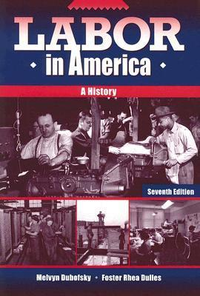 Labor in America: A History
Labor in America: A Historyby Foster Rhea Dulles
-
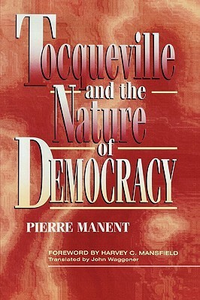 Tocqueville and the Nature of Democracy
Tocqueville and the Nature of Democracyby Pierre Manent Centre de Recherches Poli
-
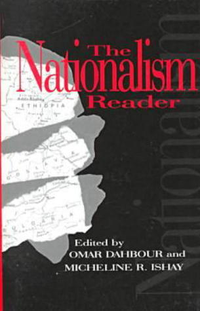 The Nationalism Reader
The Nationalism Readerby Omar Dahbour
-
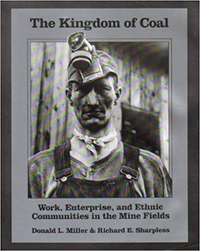 The Kingdom of Coal: Work, Enterprise & Ethnic Communities in the Mine Fields
The Kingdom of Coal: Work, Enterprise & Ethnic Communities in the Mine Fieldsby Donald L. Miller
-
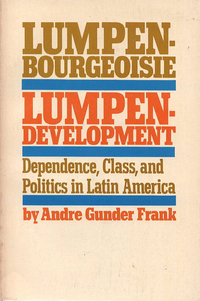 Lumpenbourgeoisie: Lumpendevelopment: Dependence, Class, and Politics in Latin America
Lumpenbourgeoisie: Lumpendevelopment: Dependence, Class, and Politics in Latin Americaby André Gunder Frank
-
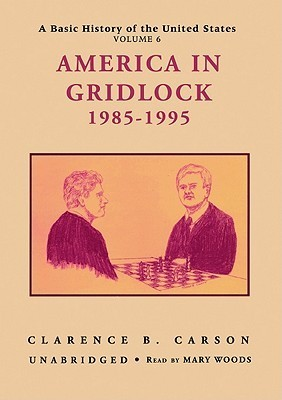 America in Gridlock 1985-1995
America in Gridlock 1985-1995by Clarence B. Carson
-
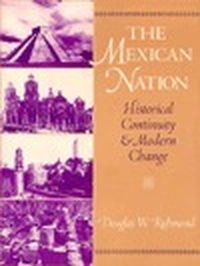 The Mexican Nation: Historical Continuity and Modern Change
The Mexican Nation: Historical Continuity and Modern Changeby Douglas W. Richmond
-
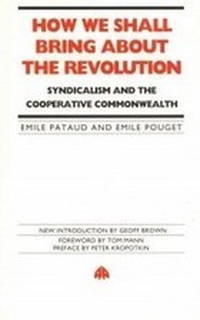
-
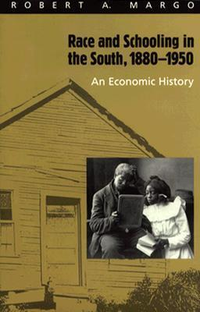 Race and Schooling in the South, 1880-1950: An Economic History
Race and Schooling in the South, 1880-1950: An Economic Historyby Robert A. Margo
-
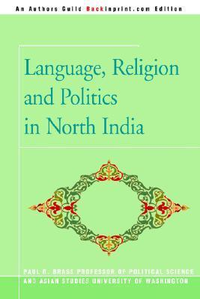 Language, Religion and Politics in North India
Language, Religion and Politics in North Indiaby Paul R. Brass
-
 Mexico and the United States in the Oil Controversy, 1917–1942
Mexico and the United States in the Oil Controversy, 1917–1942by Lorenzo Meyer
-
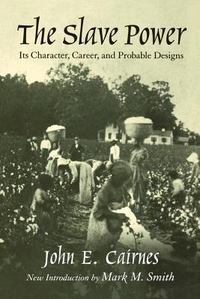 The Slave Power
The Slave Powerby John E. Cairnes
-
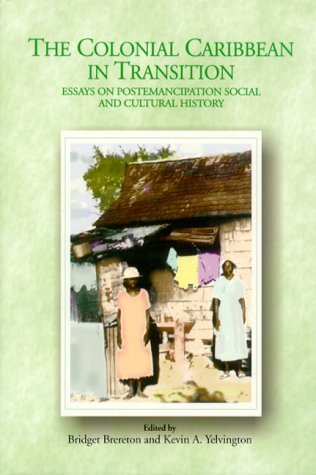
-
 Rural Chiapas Ten Years after the Zapatista Uprising
Rural Chiapas Ten Years after the Zapatista Uprisingby Sarah Washbrook
-
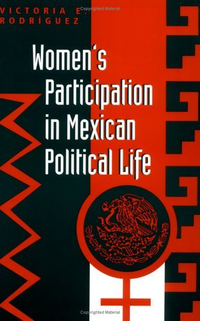 Women's Participation In Mexican Political Life
Women's Participation In Mexican Political Lifeby Victoria Elizabeth Rodriguez
-
 The End of Politics?: Explorations into Modern Antipolitics
The End of Politics?: Explorations into Modern Antipoliticsby Andreas Schedler
-
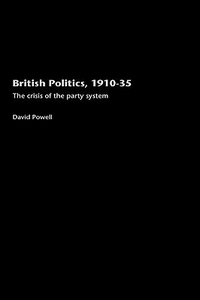 British Politics, 1910-1935: The Crisis of the Party System
British Politics, 1910-1935: The Crisis of the Party Systemby David Powell
-
 Family in Global Transition
Family in Global Transitionby Gordon L. Anderson
-
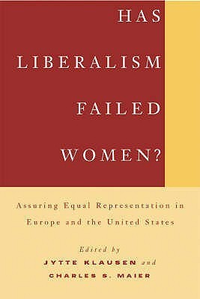
-
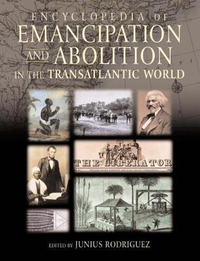 Encyclopedia of Emancipation and Abolition in the Transatlantic World
Encyclopedia of Emancipation and Abolition in the Transatlantic Worldby Junius P. Rodriguez
-
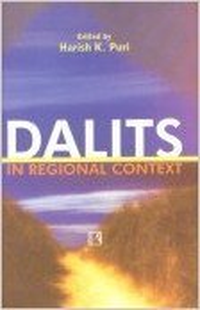 Dalits in Regional Context
Dalits in Regional Contextby Harish K. Puri
-
 In the Shadow of Powers: Dantes Bellegarde in Haitian Social Thought
In the Shadow of Powers: Dantes Bellegarde in Haitian Social Thoughtby Patrick Bellegarde-Smith
-
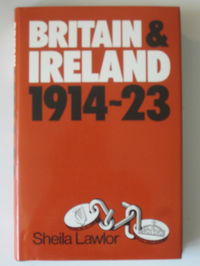 Britain and Ireland 1914-23
Britain and Ireland 1914-23by Sheila Lawlor